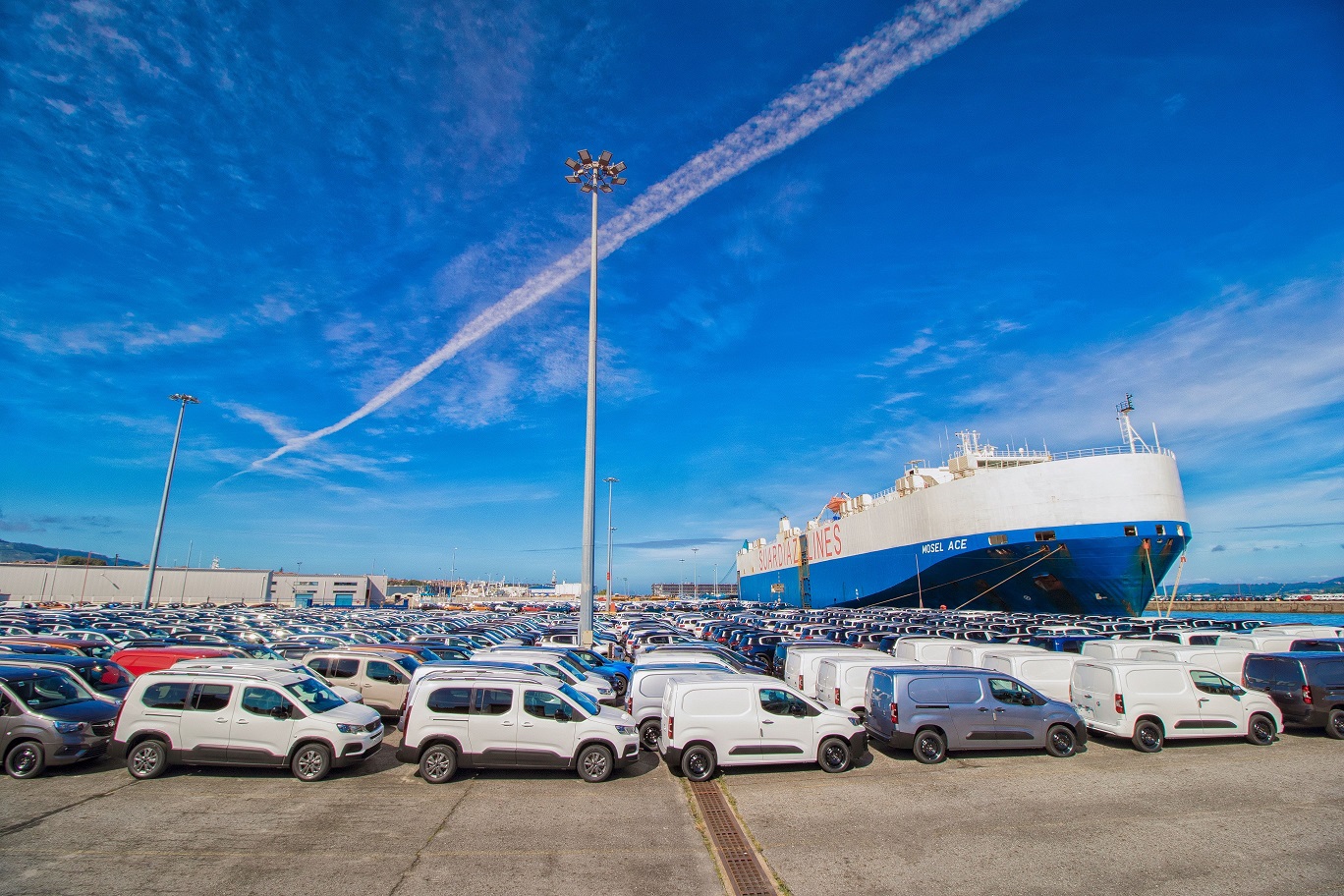The 46 ports of general interest of the State, managed by 28 Port Authorities and coordinated by State Ports, moved 42,495,401 tons, which represented a decrease of 3.3% compared to the same month of the previous year. In the accumulated amount for the year there are already 86.8 million tons, and a reduction of 4.4% compared to the same period of the previous year.
Although the drop in traffic has had an impact on practically half of the Port Authorities, there have been some of them that experience substantial increases in the annual total, such as Marín and Ría de Pontevedra (+39.7%), A Coruña ( +29.4%), S.C. Tenerife (+22.8%), Huelva (+12.3%) or Ceuta (+10.3%).
Likewise, by form of presentation, general merchandise, the largest with just over 19.8 million tons, has fallen 6.9% due to the lower movement of steel products, chemicals and construction materials.
The automobile industry, with a significant impact on the Spanish economy, continues to regain presence in the movement of goods in ports. Thus, if at the end of 2022 2.7 million units had been moved with an increase of +13.2%, in the month of February the trend continues with 260,847 units (+26.1%), and the annual total totals 505,481 units moved and a growth of +32.7%.
Liquid bulk, the second largest group in terms of millions of tons moved with 14.6 million, grew +4.7%, mainly due to the increases in diesel (+13.9%) and fuel oil (+9. 3%).
Solid bulk, with 7.07 million tons, decreased by 4.7%, mainly due to the decrease in the movement of minerals, although, curiously, the movement of coal grew by 85%, exceeding 4.1 million tons in the annual total.
Total passenger traffic, regular line and cruises, exceeded 1.8 million, with an increase of +49.2%, although in the case of cruise passengers, with 545.270 million passengers, the growth has been +162 .6%.
Finally, the number of ships that passed through Spanish ports increased by 4.5% to exceed 10,470 merchant ships, totaling 22,100 so far this year.


